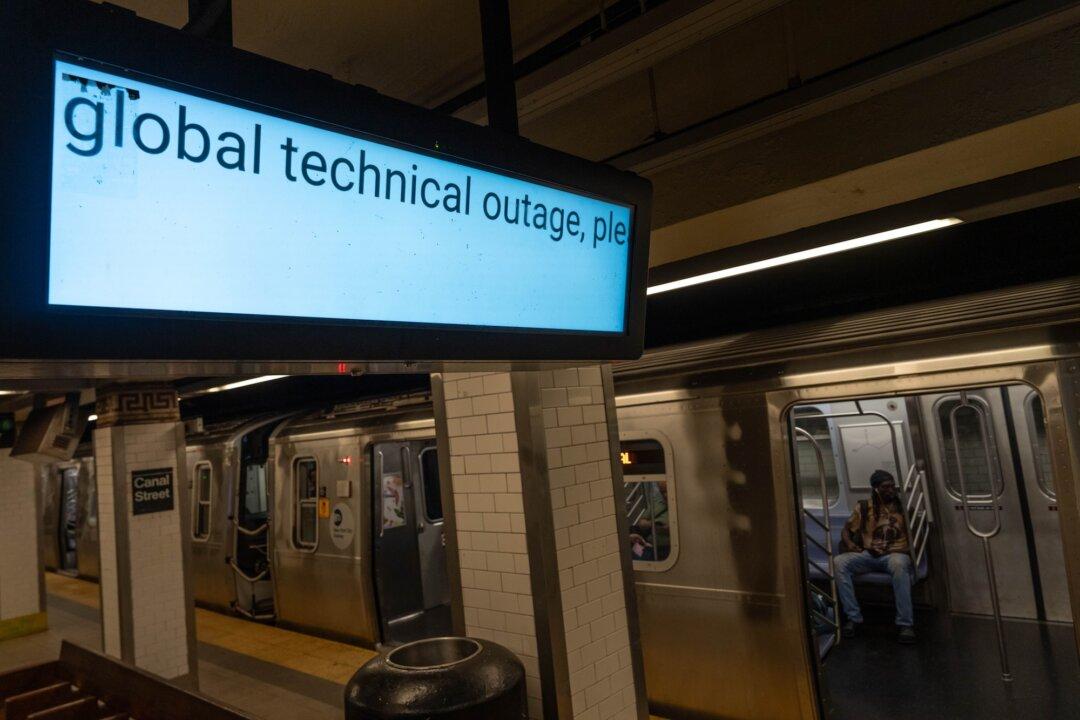CrowdStrike CEO George Kurtz announced on Thursday that 97 percent of the Windows sensors affected by a problematic software update that caused last week’s global IT outage have been restored.
Mr. Kurtz added in his July 25 statement that the cybersecurity company “will not rest” until the remaining 3 percent of the Windows sensors, which are software components that collect information and monitor for potential cyber threats, are back up and running.





